Discover how history shapes political narratives and societal impacts.
Engage in critical discussions.
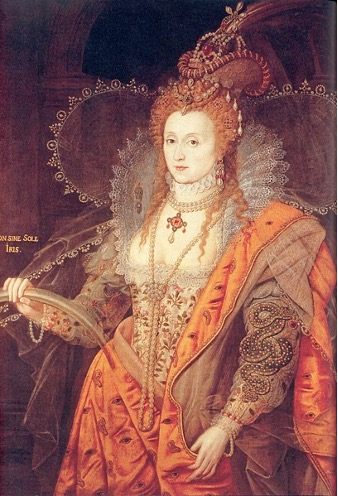
Critical Inquiry
Questioning dominant historical and political narratives.
Historical Perspective
Using the past to illuminate today’s political choices.
Inclusive Dialogue
Creating space for debate between scholars, students, and the wider public.
Exploring the Intersection of History and Politics
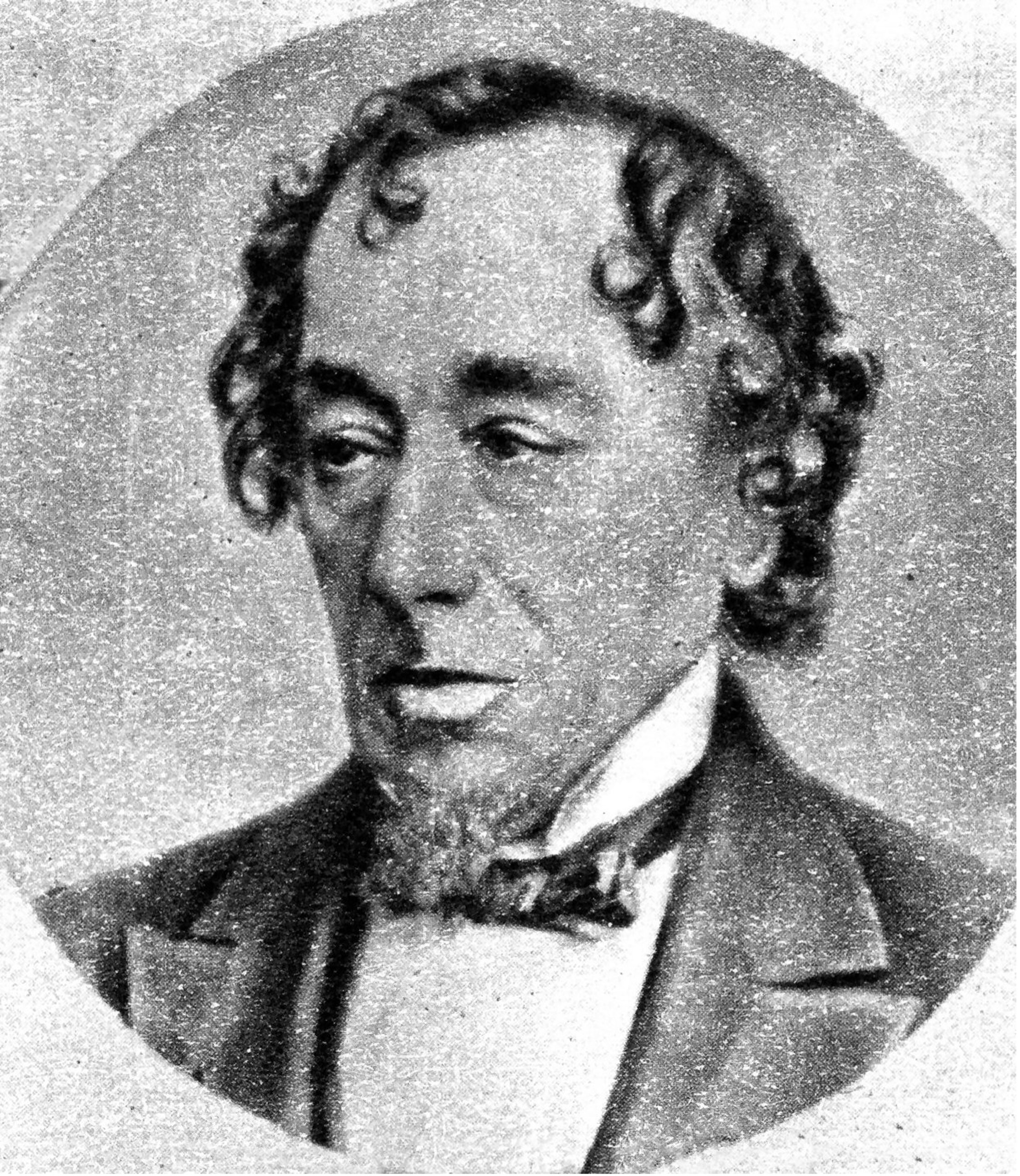
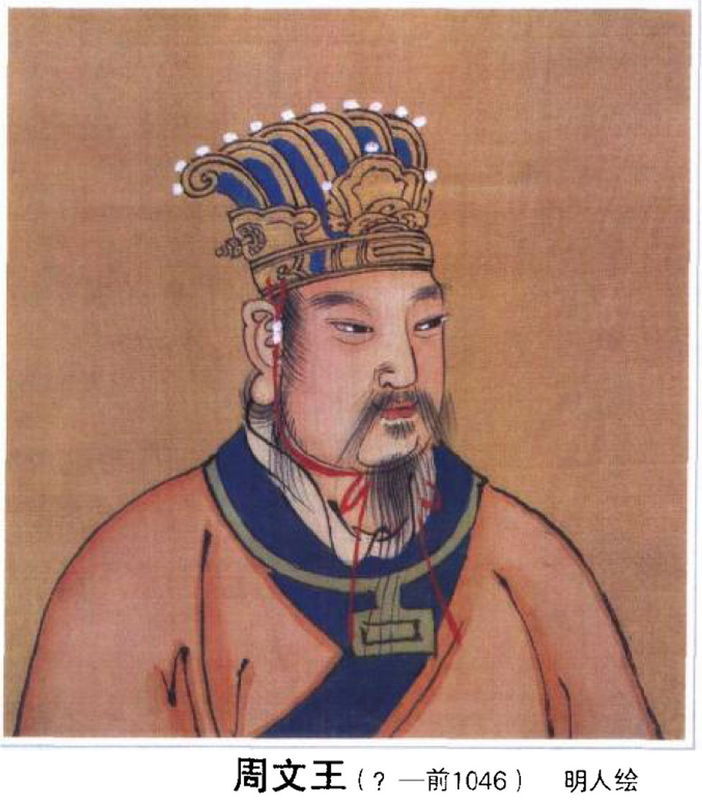
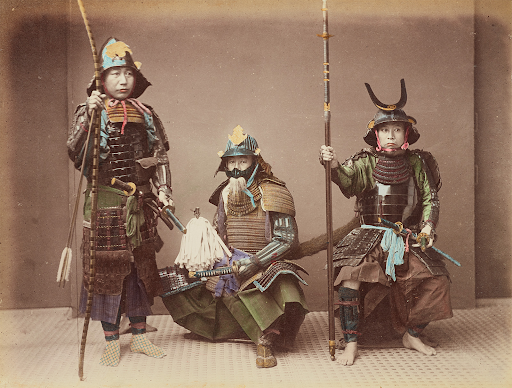
We focus on interdisciplinary engagement and critical analysis.
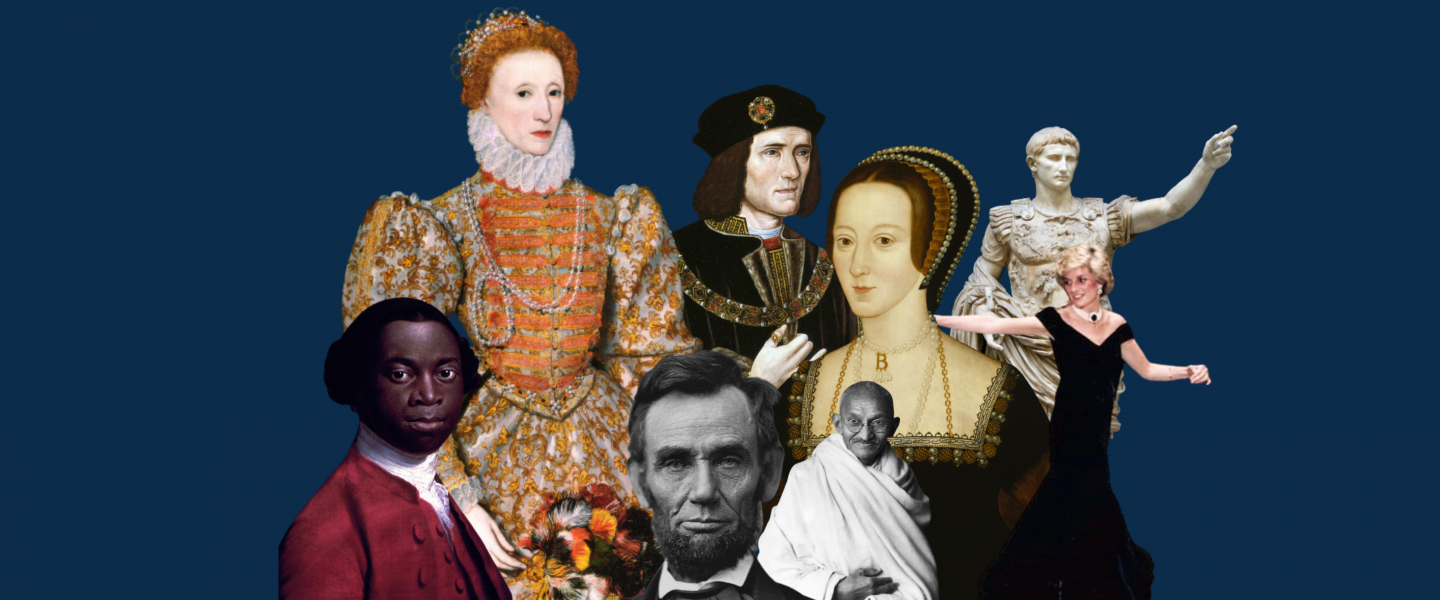
Unique Insights into Political History
Explore the Intersection of History and Politics
Academic Rigor
In-depth analysis and scholarly resources.
Interdisciplinary Approach
Combining insights from diverse disciplines.
Open Conversations
Encouraging participation from all voices.
Latest & Featured Blog Posts
-
If you use these 9 phrases regularly, you might have a surprisingly strong personality
I’ve always been fascinated by people who seem to command a room without trying. You know the type—they speak with certainty, they don’t apologize for taking up space, and somehow everyone just listens. I used to think it was about volume or confidence, but I’ve realized it’s actually something much more specific. It’s about the…
-
If you still write things down on paper instead of your phone, psychology reveals 7 surprising traits you display
You know that moment when everyone around you is frantically typing on their phones, and you’re the only one pulling out an actual notebook? Yeah, I get that feeling. There’s something almost rebellious about it in 2024. While the rest of the world is syncing everything to the cloud, some of us still prefer the…
-
If you remember these 9 moments from decades ago, your memory is sharper than most in their 70s
You know that moment when someone mentions something from years ago, and you can suddenly see it all perfectly in your mind? The smell of the place, what people were wearing, exactly how the light came through the window? I’ve always envied people who have that kind of memory. Not the photographic memory thing—that’s rare…


